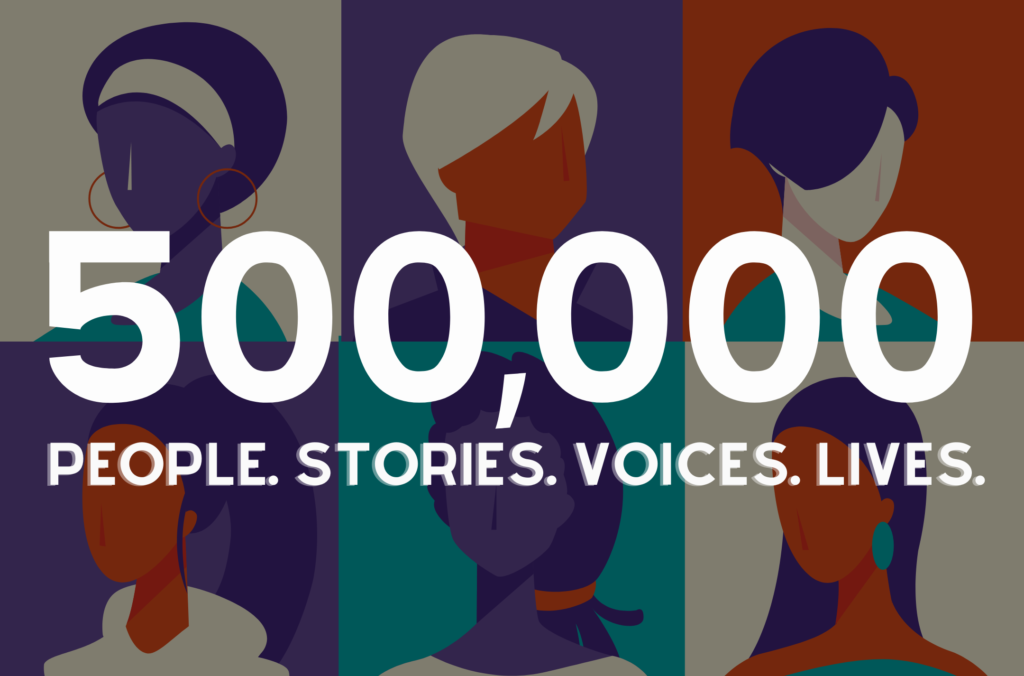As the death toll of COVID-19 continues to rise, and news outlets breathlessly report on the rate of cases, hospitalizations, and deaths, the over 3.5 million people who are grieving the illness and death of their loved ones are mostly unseen. Under ordinary circumstances, grieving and honoring 500,000 American lives lost would be an unimaginable burden. But the circumstances of the pandemic and quarantine make grieving even more difficult and lonely. In many cases, family members get a phone call from someone telling them that a loved one is in the hospital, but that they’re not able to visit due to COVID restrictions. So they wait. Each day they might get an update, and continue hoping for the best. Those that are lucky are able to say goodbye over the phone or via video chat.
And then, unfortunately, folks are often left to grieve alone, because the very thing that led to grief also requires isolation. There can be no funerals, no memorials, no ritual gatherings to support and comfort the families of the deceased. And because our society has decided that COVID-19 is an individual issue, rather than one that the whole of society must confront and mourn, there is little public acknowledgment of this loss. More than 400,000 Americans died before there was any real effort at a national remembrance event. Sports teams aren’t wearing any special colors or insignia to raise awareness or support. Of course, there are no concerts or benefits. Incredibly, you are often met with arguments about the effectiveness of wearing masks, social distancing, and even the severity of this pandemic itself — the very measures that might have prevented the loss of a loved one. This combination of being constantly confronted with the news and realities of COVID, but unseen in grief is distinctive. And it makes grieving in this context all the more unique.
Grieving a loved one to any cause, in any moment can be challenging. And in our death-denying culture, it can be hard for mourners of all kinds to find support, community, and healing. But our society’s infrastructure for supporting folks grieving a death due to COVID is especially thin. Hospitals, care providers, and mutual aid networks have stepped up to cobble together programs and guides to support people in ways that are almost exclusively virtual and reliant upon word-of-mouth. Ultimately, this work is powerful, but it also illustrates how much work there still is to do to provide equitable access to healthcare and grief support. In the wake of the monumental damage done by the pandemic, grief is one of those things that must adapt. In the absence of traditional rituals that accompany grief like wakes and funerals, visitations and sitting shiva, people have to find new ways to process their grief in a society that has mostly turned away from their loss.
The necessity of finding new ways to process grief, coupled with the societal responses to COVID, makes COVID grief unique. But connection continues to be possible. Young adults in our network often find some relief in feeling fully seen and heard by their volunteer, and in meeting with other young adults who know what it’s like to lose someone to COVID. Though sometimes it can feel like the world is turning away from grief in a period of massive loss, we can always turn towards each other. We can be a resource for each other.

